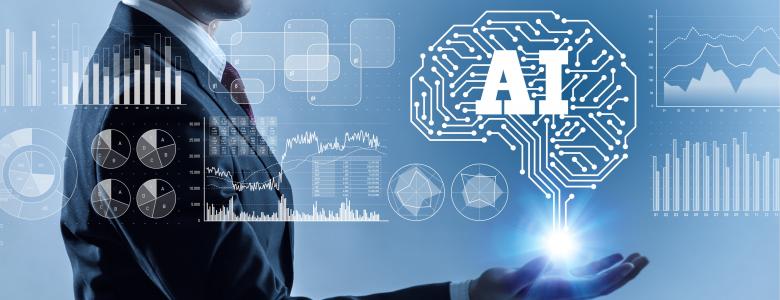
Where did AI originate?
The world first heard about Artificial Intelligence (AI) in 1955 when AI luminary, John McCarthy, coined the term in Dartmouth. He wanted to explore ways of how to make a machine that could reason like a human and was capable of abstract thought, problem-solving and self-improvement. In 1958, he created the Lisp computer language, which became the standard AI programming language.
What impact has AI had on different industries?
Fast forward to today, AI is a term that is well documented and is impacting industries across the globe.
Manufacturing
In the manufacturing industry in Japan, there are more than 300 installed industrial robots for every 10,000 workers in their facilities.
Astronomy
Astronomy has utilized a machine learning algorithm to sift through cosmic data and identify fast radio bursts which are energetic pulses thought to emanate from far-off galaxies.
Automotive
Just last week, the first driverless public transport vehicle took to the streets of Dublin on its maiden voyage. The vehicle, which is powered by electric, can carry up to 15 passengers.
AI has also appeared in our homes in the form of digital assistants such as Alexa, Cortana and Siri.
Healthcare
Healthcare has had significant advancements in the form of AI and this market is predicted to reach $6.6 billion by 2021, according to Accenture. Although people are concerned that AI will replace jobs in the healthcare sector, robots have been created to support rather than replace staff and help ease the strain on existing workers.
For example, Moxi, the socially intelligent robot was created by Diligent Robotics to support clinical staff using AI technology to map and learn its environment. On their website, Diligent Robotics state that Moxi “autonomously completes manual logistical tasks end-to-end without assistance and clinical staff focus on what they want to do and what they, as caring human beings, are best at – direct patient care.”
In August, researchers at the University of Singapore used AI to identify and optimize combination drug treatments for myeloma, a type of blood cancer. Machine vision AI and facial modelling have improved precision surgery, especially on facial surgery for a cleft lip or palette.
Therefore, Artificial Intelligence is helping to shape the world as we know it today and there have been significant advancements since it was first introduced in 1955, particularly in the healthcare sector. It is likely that the future will mean that even more tasks will be performed by robotics and people will be more engaged with AI in their everyday lives.
If you would like to pursue a career in AI or another IT role, our consultants can help you secure your ideal job. Check out our latest jobs or contact us.
Written by Michelle Corry